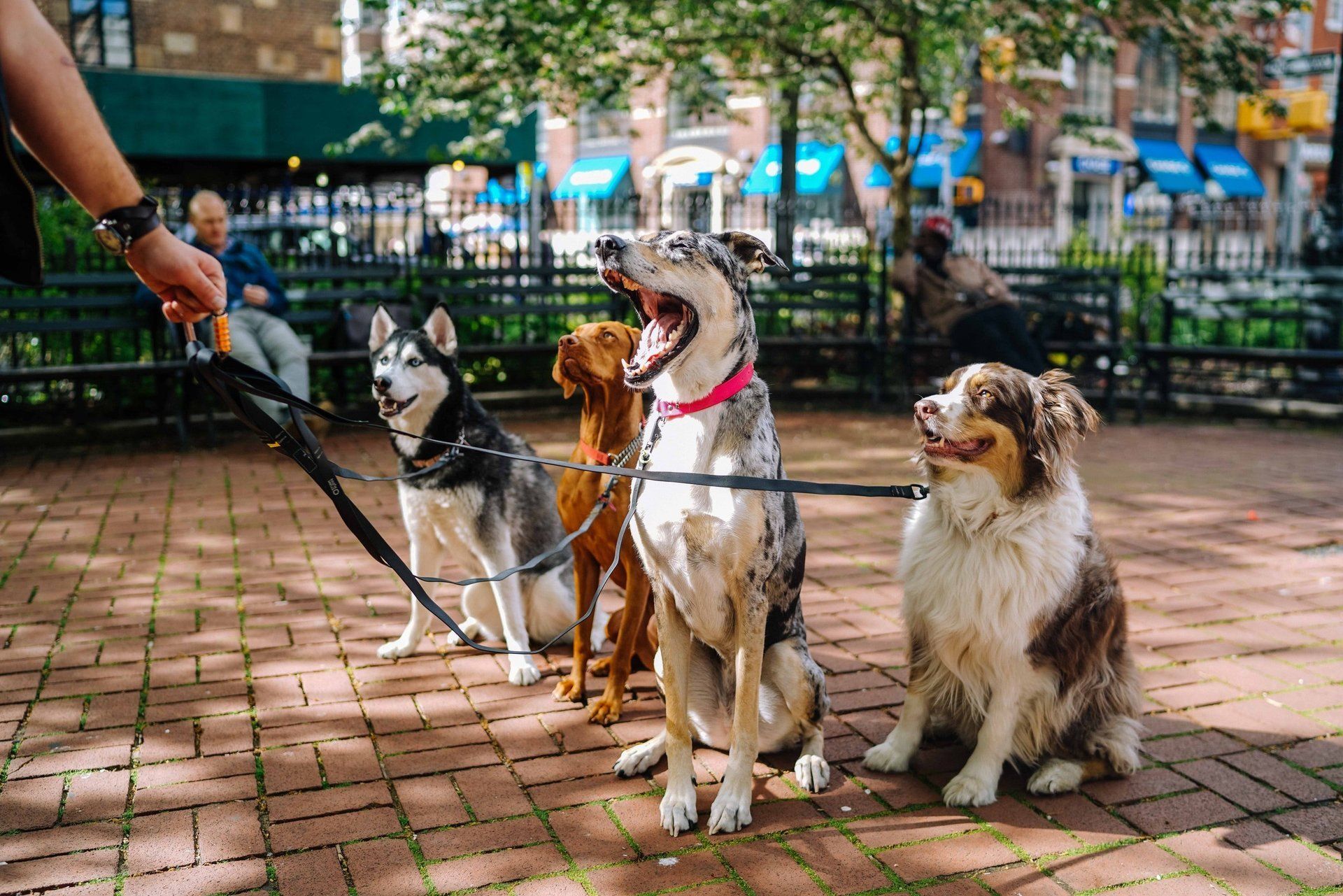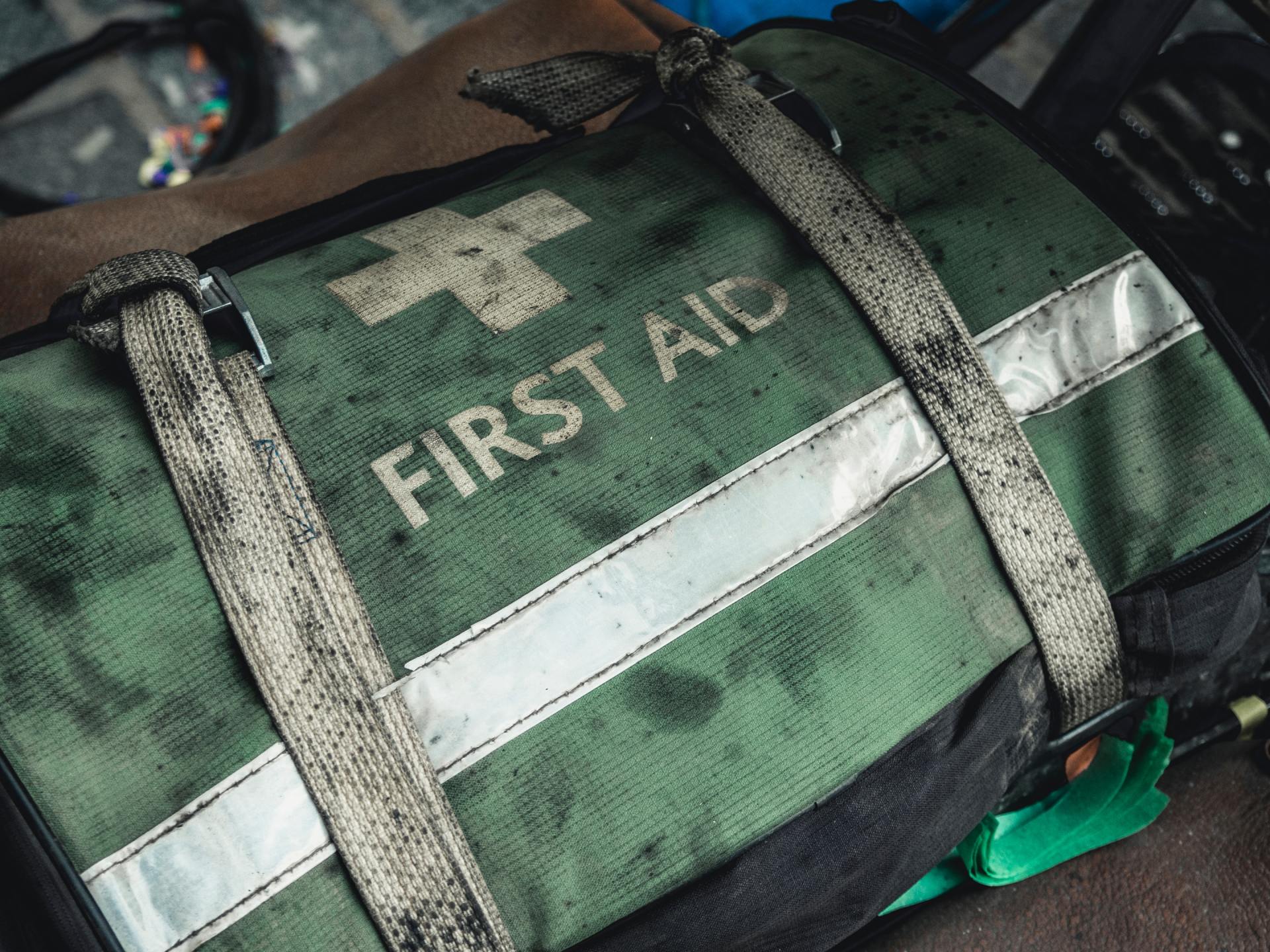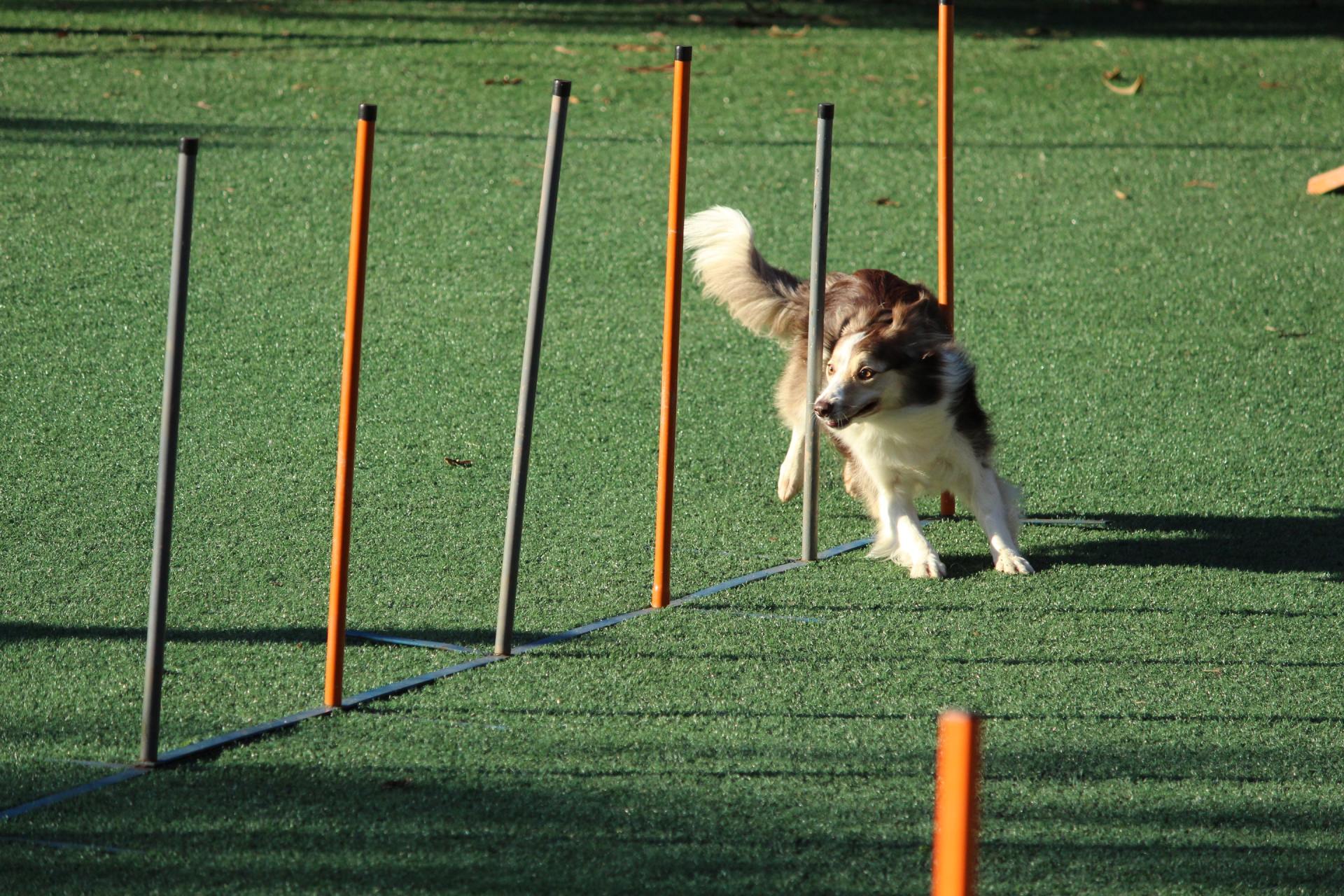At
Training
With
Woofers,
Every
day
is...A training day!
Book Now
The Team
-
Obedience Dog Trainer
Joe SnookObedience Puppy and Dog Trainer.
DTC Canine Body Language Instructor.
DTC Reactive Rascals Instructor.
Canine and Human First Aider.
Testimonials

Lucy Bonsall
You did a grand job yesterday and when you were my steward at Windsor dog show I couldn't fault you.....well done.
Dog Show
Mark Adams
Thank you for coming out and working with our springer.
Ther has been a huge improvemnet and we look forward to continuing to work with you on her behaviour and seeing even more progress.
I do though think that as the owner it was me the needed the training just as much!
Dog Training
Nicola Heals
I wanted to thank you for your help and patience with Jasmin Lily.
As a recuse dog she came with her own bundle of problems but retained her loving and lovely nature. She was a nervous dog and scared of being called - even for treats or walks!
You gave such encouragement and confindence that within a week or two she came willingly. She has lost the anxious look when called which is quite extraordinary.
Thank you so much.
Dog Training
Guidance


Let’s Talk
Contact Us
We will get back to you as soon as possible
Please try again later







